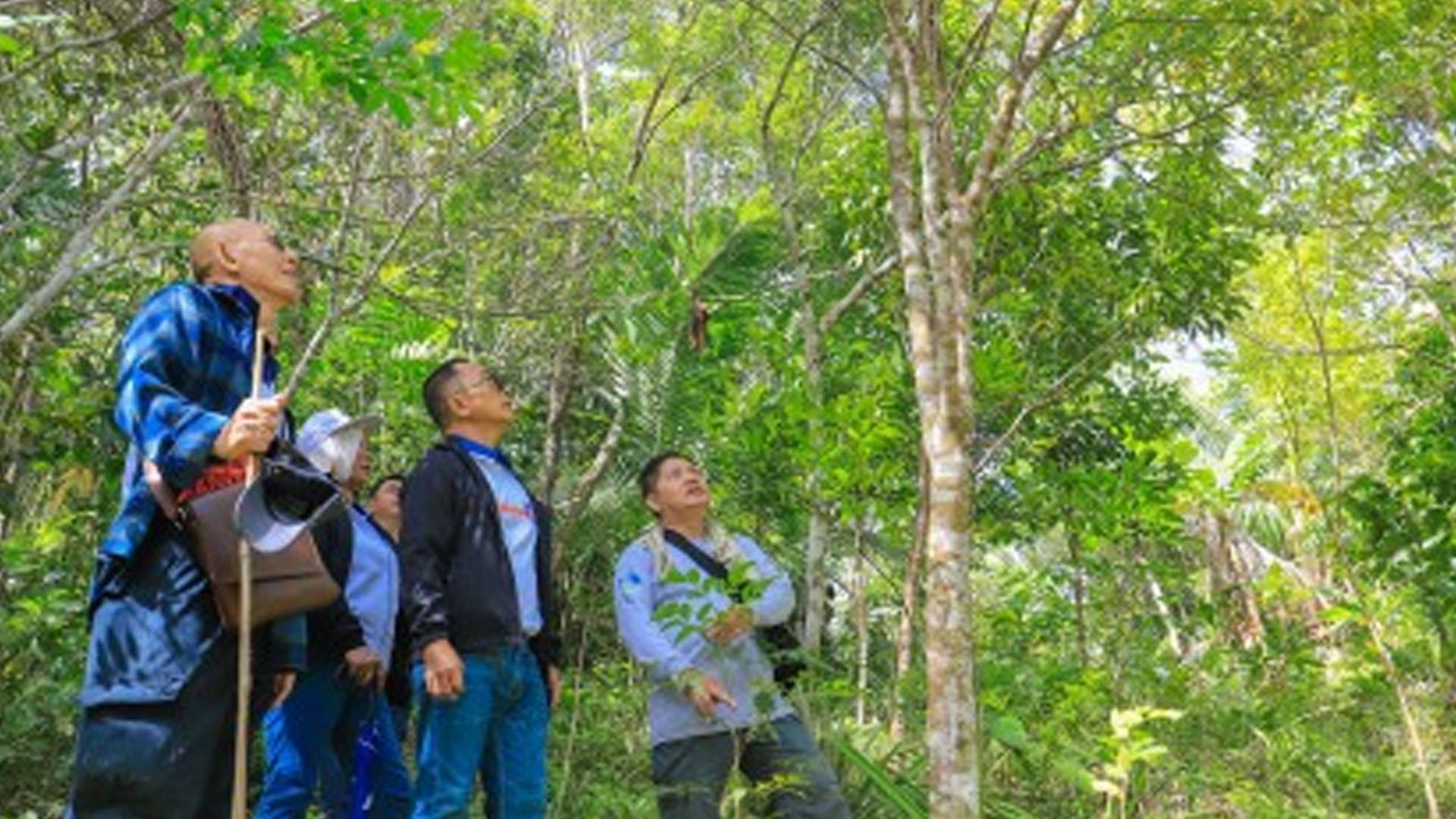Over 344,000 seedlings meant to replace trees cut and uprooted for a road opening and widening project have survived this year in different parts of Leyte province after a three-year care program, the Department of Public Works and Highways (DPWH) reported on Tuesday.
Forest restoration and tree planting activities were undertaken by people’s organizations (POs) consisting of farmers in Ormoc City, Baybay City, and the towns of Albuera, Kananga, and Capoocan in Leyte province, DPWH Eastern Visayas Regional Director Edgar Tabacon said during the Kapihan sa Bagong Pilipinas press briefing led by the Presidential Communications Office.
“DPWH regional office replaced 50 trees for each felled tree grown in private or forest land and 100 trees for each naturally grown tree affected by our projects,” Tabacon added.
Under the tree replacement program, the Department of Environment and Natural Resources (DENR) identifies areas for the plantation and deputizes POs in covered locations.
The POs plant the seedlings, maintain and monitor their growth for three years, and ensure an 85 percent survival rate.
Villagers receive incentives for nurturing the newly planted trees.
The DPWH is tasked with financing the whole process and assisting in monitoring activities. In recent years, the DPWH has allotted PHP130 million for the tree replacement project.
The DENR identified some 200,84 hectares in Leyte province for the tree replacement program. These sites are in Mahayag village in Ormoc City, Poblacion and Tabgas village in Albuera town, Mahawan village in Kananga town, Sto. Niño village in Capoocan town, and Patag village in Baybay City.
The recommended tree species by the DENR are all indigenous species to ensure higher survival rate, considering the weather conditions and soil quality of the region.
“As support in preserving and protecting the environment from degradation, the DPWH is committed to complying with the DENR’s directive and planting the required number of trees as replacement. But the DPWH is only an expert on infrastructure projects, and we need DENR’s help to make sure that the planted seedlings survive for three years,” Tabacon said.
Under this initiative, the DPWH sends to DENR its funds for environmental protection and conservation intended for every infrastructure project funded by the national government. (PNA)







